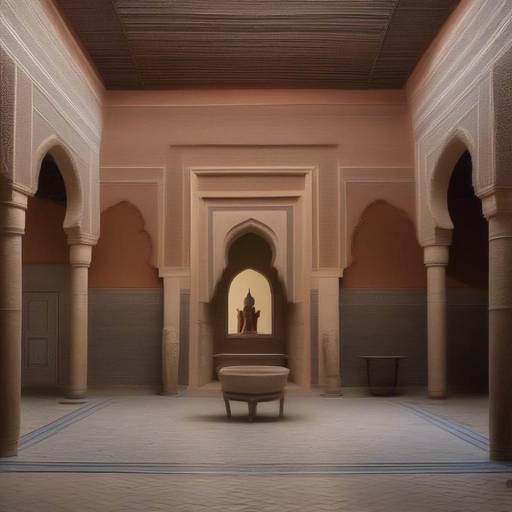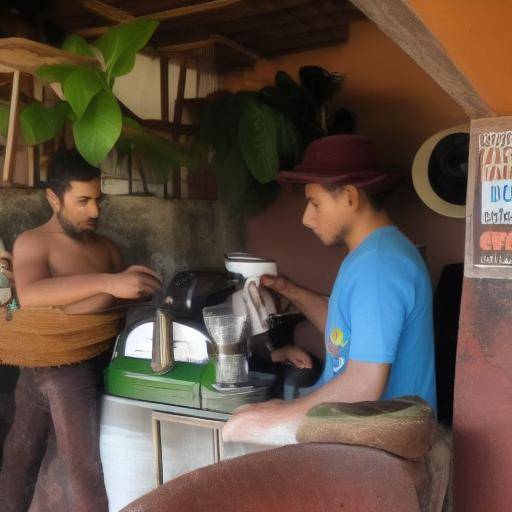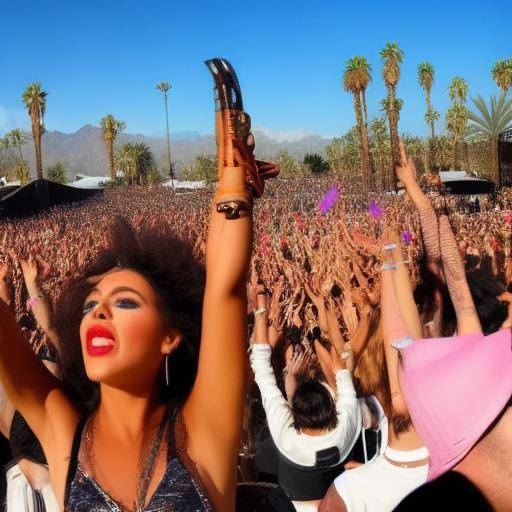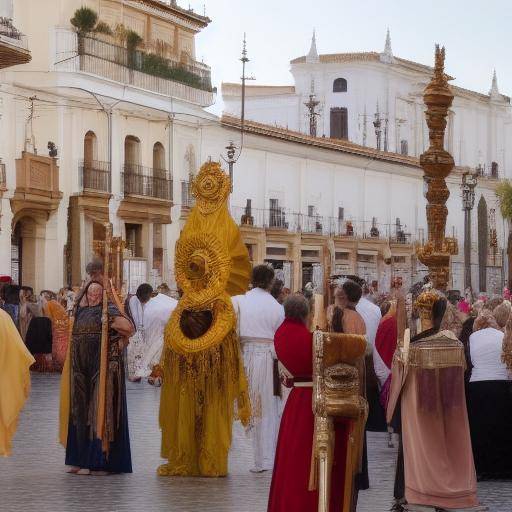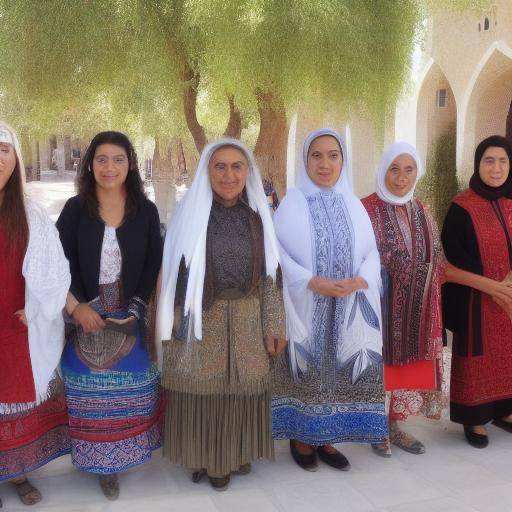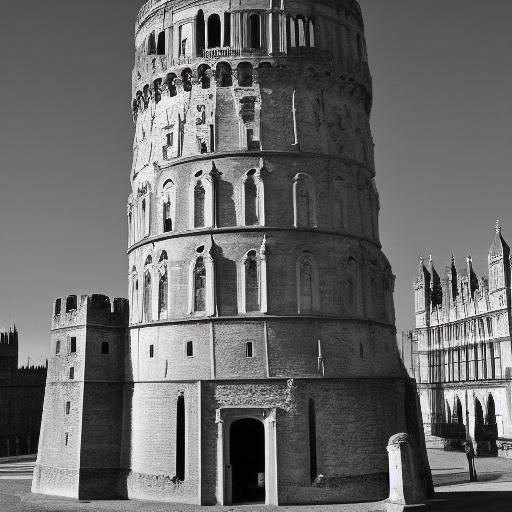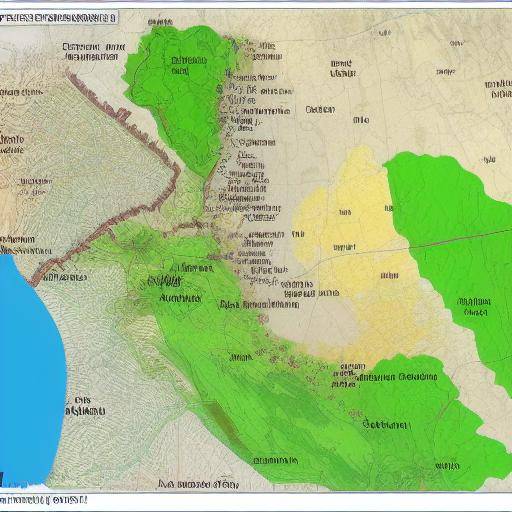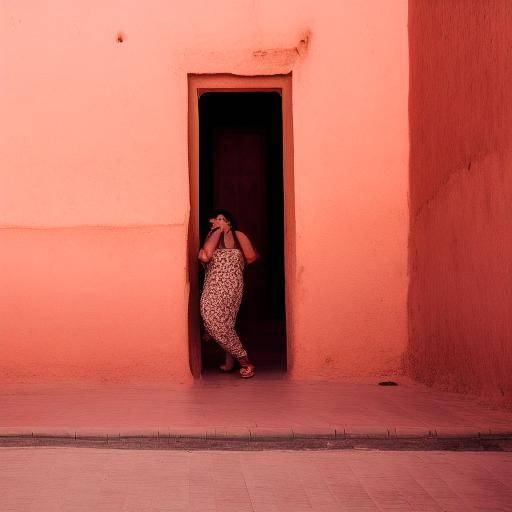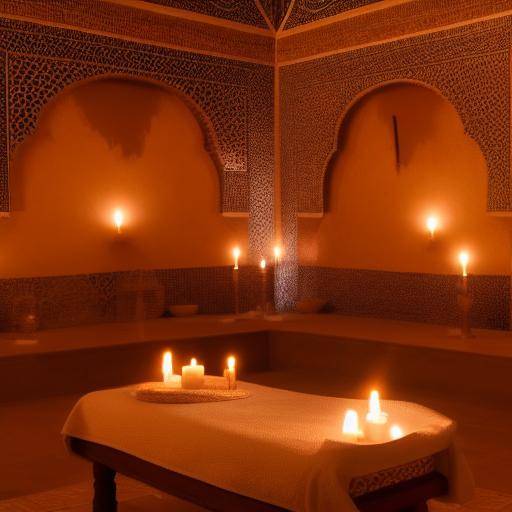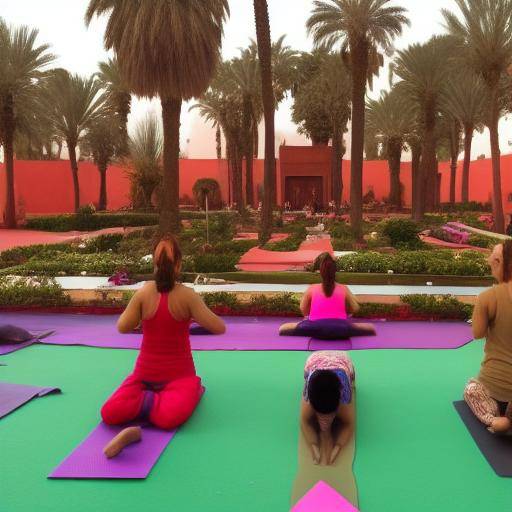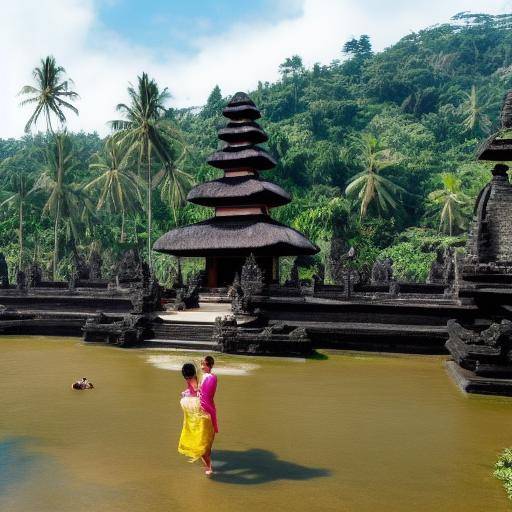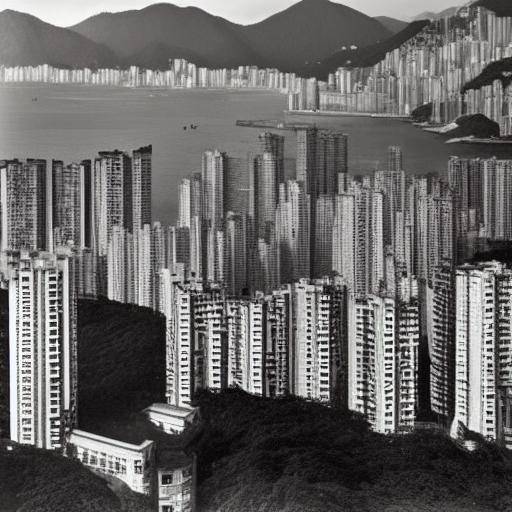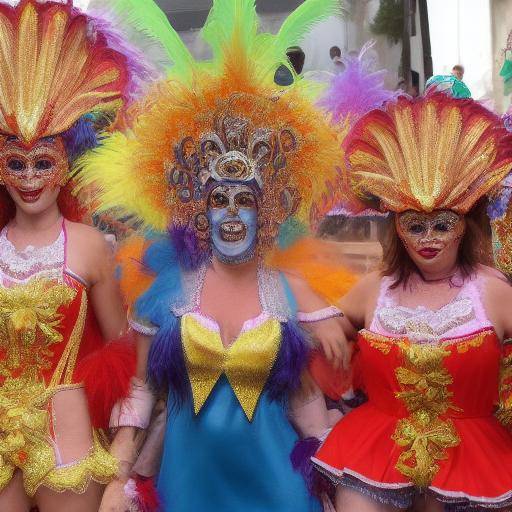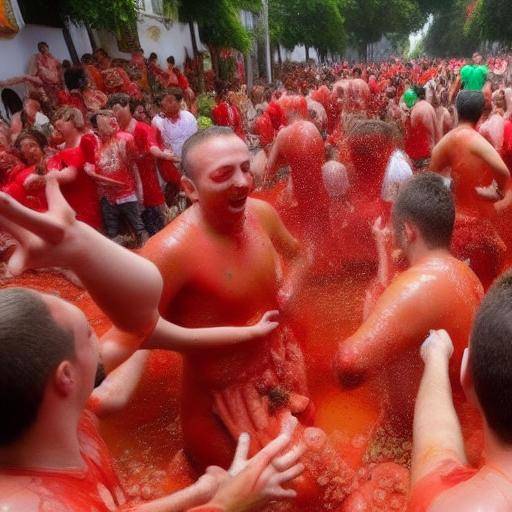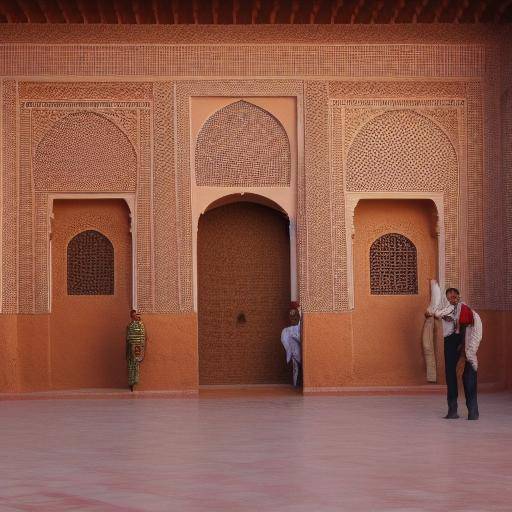
Marrakech, known for its rich Moroccan history and cultural education, is a city full of charm, mystery and tradition. From the time of the sultans to the vibrant melting pot of Berber culture, every corner of Marrakech tells a unique story that has marked the future of this fascinating city. Join us on a journey through time to explore the lessons of history in Marrakech, discovering the greatness of its past, present and future.
Introduction
Marrakech, the jewel of Morocco, stands majestic with its labyrinth of alleys, mosques, palaces and lush gardens. This ancient city has witnessed the greatness of the sultans, the intrigues of royalty, and the flourishing of Berber culture. In this fascinating journey, we will explore historic landmarks, legendary characters and traditions rooted in the heart of Marrakech.
History and Background
Marrakech, whose name evokes the intense red colour of its buildings, has its roots at the time of the sultans, whose legacy is intertwined with the very identity of the city. From the founding of the Almoravide dynasty in the eleventh century to the expansion of the Almohad Empire, each dynasty has left an indelible mark in the history of Marrakech. The emblematic minarete of the Koutoubia, the magnificent Ben Youssef Mosque and the imposing Agdal Gardens speak of the splendour of the Islamic architecture that defines this city.
The Legacy of the Sultans
The sultans of Marrakech brought with them not only an architectural splendor, but also a lush cultural life that has survived until today. The music, poetry, crafts and gastronomy of Marrakech are a tribute to the rich heritage left by the rulers of old. Dive into the animated zocos, where the aromas of spices and the colors of the fabrics seduce the senses, and discover the very essence of the Moroccan culture that has persisted throughout the centuries.
The Berber Culture: A Venerable Treasure
Marrakech is not only nourished by its Islamic heritage, but also a cradle of the ancient Berber culture, which has flourished in the Atlas mountains and the desert oasis. Its fabrics, carpets and jewels carry with it the history of an indomitous people who have managed to preserve their traditions despite adversity. Entering the Berber villages near Marrakech is a journey in time, where the hospitality of its inhabitants and the simplicity of their daily lives offer a unique perspective on the cultural wealth of Morocco.
Deep analysis
The history of Marrakech is a symphony of lights and shadows, of triumphs and challenges. The conservation of historical heritage in the face of the dam of modern development is a challenge facing the city. The preservation of the Medina, declared a World Heritage Site by UNESCO, is crucial to ensuring that future generations can continue to enjoy the magic of Marrakech. In turn, cultural education plays a key role in the transmission of traditions and in promoting respect for the cultural diversity that characterizes Morocco.
Comprehensive review
Cultural education in Marrakech extends beyond the classrooms, including the promotion of crafts, sustainable tourism, and the preservation of traditional arts. Institutions such as the Marrakech Museum and the National Museum Foundation work tirelessly to promote intercultural dialogue and appreciation for the richness of Moroccan heritage. In addition, Marrakech has become a cultural exchange centre, where music, art and literature festivals attract artists and thinkers from around the world, thus enriching the cultural fabric of the city.
Comparative analysis
Compare Marrakech, Moroccan history and cultural education reveals the interconnection between these elements. The history of Marrakech is inherent in Moroccan history, and cultural education is the key to preserving and transmitting this story to the generations to come. The city itself bears witness to the legacy of centuries of history and culture, and cultural education plays a crucial role in the conservation and dissemination of this legacy, ensuring that the lessons of Marrakech's history are perpetuated in time.
Practical Tips and Accessible Recommendations
If you plan to explore Marrakech and immerse yourself in Moroccan history and cultural education, here are some practical tips to make the most of your experience:
- Visit the Madraza de Ben Youssef to appreciate the architectural and historical richness of the ancient Koranic school.
- Explore local markets and lean on local craftsmen by buying authentic products.
- Take part in a Moroccan cuisine workshop to discover the secrets of Morocco's delicious cuisine.
- It attends cultural festivals and exhibitions to immerse you in the vibrant artistic and cultural scene of Marrakech.
Industry Perspectives and Expert Reviews
Experts in Moroccan history and cultural education agree that Marrakech plays a crucial role in preserving heritage and promoting cultural diversity. They also note the importance of strengthening the links between formal and informal education to ensure that new generations can fully appreciate Morocco ' s cultural wealth.
Case Studies and Real Life Applications
Practical examples of how cultural education has positively impacted the Marrakech community, from urban art projects that revitalize marginalized neighbourhoods to educational programs that foster sustainable tourism. These cases exemplify the transforming power of cultural education and its ability to enrich the lives of people and preserve ancestral traditions.
Future Trends and Predictions
As Marrakech moves forward, exciting opportunities for sustainable cultural development, heritage preservation and the promotion of diversity are seen. The city is adopting innovative approaches to balancing tourism with conservation, offering promising prospects for a future in which history, culture and education are intertwined for the benefit of society.
Conclusion
In Marrakech, Moroccan history and cultural education are intertwined in a vibrant fabric that gives life to the streets, monuments and traditions of the city. In exploring these lessons of history, we immerse ourselves in a journey in the time that connects us with the roots of Morocco and inspires us to value and preserve the inherited cultural wealth. That this exploration motivates us to continue to learn and appreciate the lessons of history in Marrakech, always with the heart open to the diversity and beauty of the world around us.
Frequently asked questions
1. What is the historical origin of Marrakech?
Marrakech was founded in 1062 by Sultan Almorávide Yusuf ibn Tashufin.
2. What influence has Berber culture had in Marrakech?
Berber culture has left a deep mark in Marrakech, especially in areas such as crafts, music and cooking.
3. What is the role of cultural education in Marrakech?
Cultural education in Marrakech plays a crucial role in preserving and disseminating traditions, promoting respect for cultural diversity and enriching tourist experience.
4. What are the main cultural events in Marrakech?
Marrakech hosts a series of cultural events, such as the Marrakech International Film Festival, the Popular Arts Festival, and various music and literature festivals.
5. What recommendations are there to know the history of Marrakech?
Visiting historic sites such as the Medina, the Koutoubia Mosque and the Bahia Palace, as well as participating in guided tours and craft workshops, are excellent ways to get into the history of Marrakech.
6. What is the impact of tourism on the preservation of Marrakech's cultural heritage?
Tourism can both support the preservation of cultural heritage and pose challenges in terms of conservation, highlighting the importance of sustainable and respectful tourism with local culture.
In short, the history of Marrakech, impregnated with the greatness of the sultans and the richness of Berber culture, together with cultural education, weave a fascinating story that goes through the centuries. This magical city continues to dazzle travelers and scholars alike, offering valuable lessons not only on the past, but also on the importance of preserving and celebrating cultural diversity. May these lessons inspire future generations to appreciate and honor the legacy of Marrakech, keeping alive its history, culture and education for generations to come.

